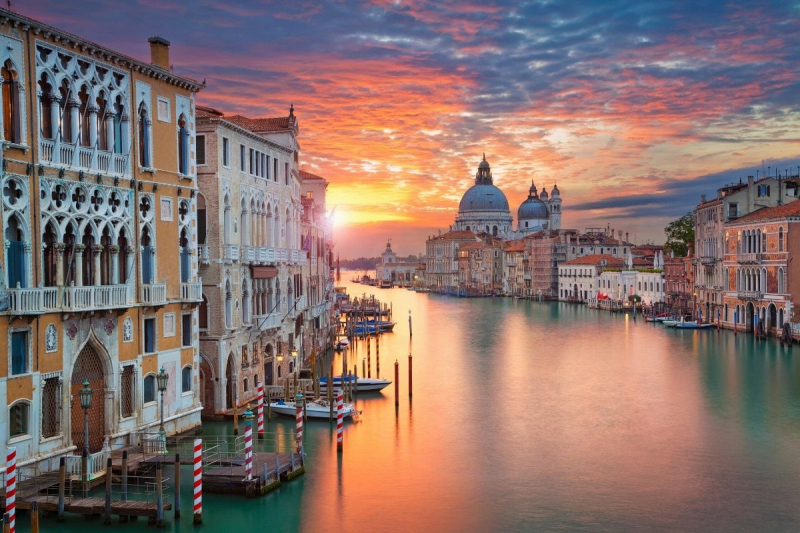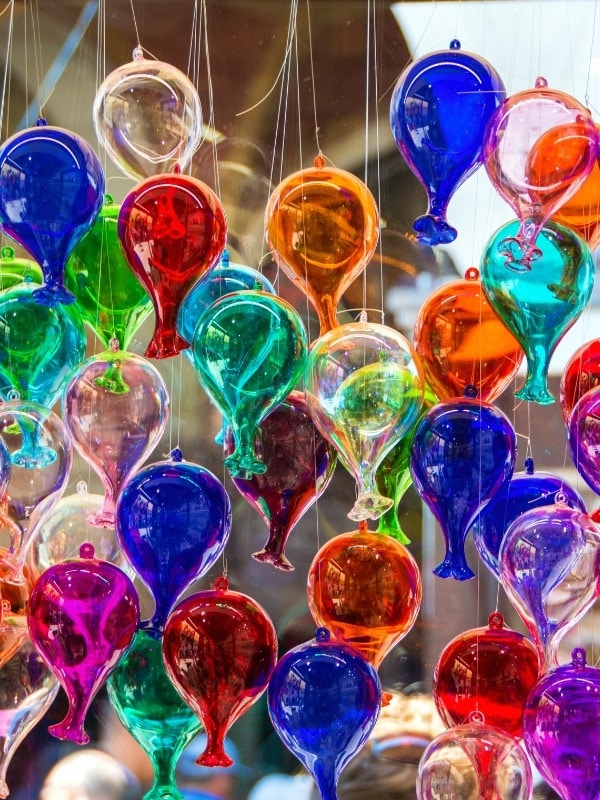For 1,100 years, Venice controlled itself
For more than a thousand years, the lagoon city was a sovereign empire, which is one of the interesting facts about Venice. It was referred to as La Serenissima from 697 until Napoleon took it in 1797 when its independence was finally ended. France and Austria fought each other for control until, in 1866, King Vittorio Emanuele II of Italy annexed the city. Before then, Venice dominated the majority of the Mediterranean and conducted trade with western Asia, reaching its zenith in the 14th century. Venice ruled over islands like Crete and Cyprus and had a significant influence on the metropolis of Constantinople (modern-day Istanbul).
Salt played a significant part in the founding and growth of Venice, and it has continued to do so throughout the city's history. Salt was naturally abundant in Venice lagoon due to its topography, which has shallow and calm sea water, and it was also simple to intentionally establish "fields" on which to generate salt. For more salt, the Venetians began to cultivate the lagoon! Once the Venetian ships were filled with salt, they would set sail for other marketplaces and trade their commodity for food, valuable items, or exceptional local commodities. "These folks don't till and don't grow, yet they can purchase grain and wine anywhere," a customer officer from Pavia said.
Venetians began trading salt together with extremely valuable textiles, spices, fragrances, unusual bird feathers, and glass. Venice has had the exclusive production rights for glass for many years, giving her another opportunity to control a sought-after and pricey good. The Serenissima had to move all of its glass production to a different island because the pollution and fire danger posed a serious threat to the city. Glass production and commerce were so significant and widespread. The glass manufacturers were relocated to the island of Murano and have been there ever since.
Due to its terrain, Venice developed into a tenacious empire that relied on strong commercial connections and shipbuilding to thrive. With sound economic judgment, Venice became one of the richest cities since it was unable to rely on other industries, including agriculture.













